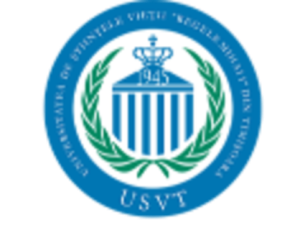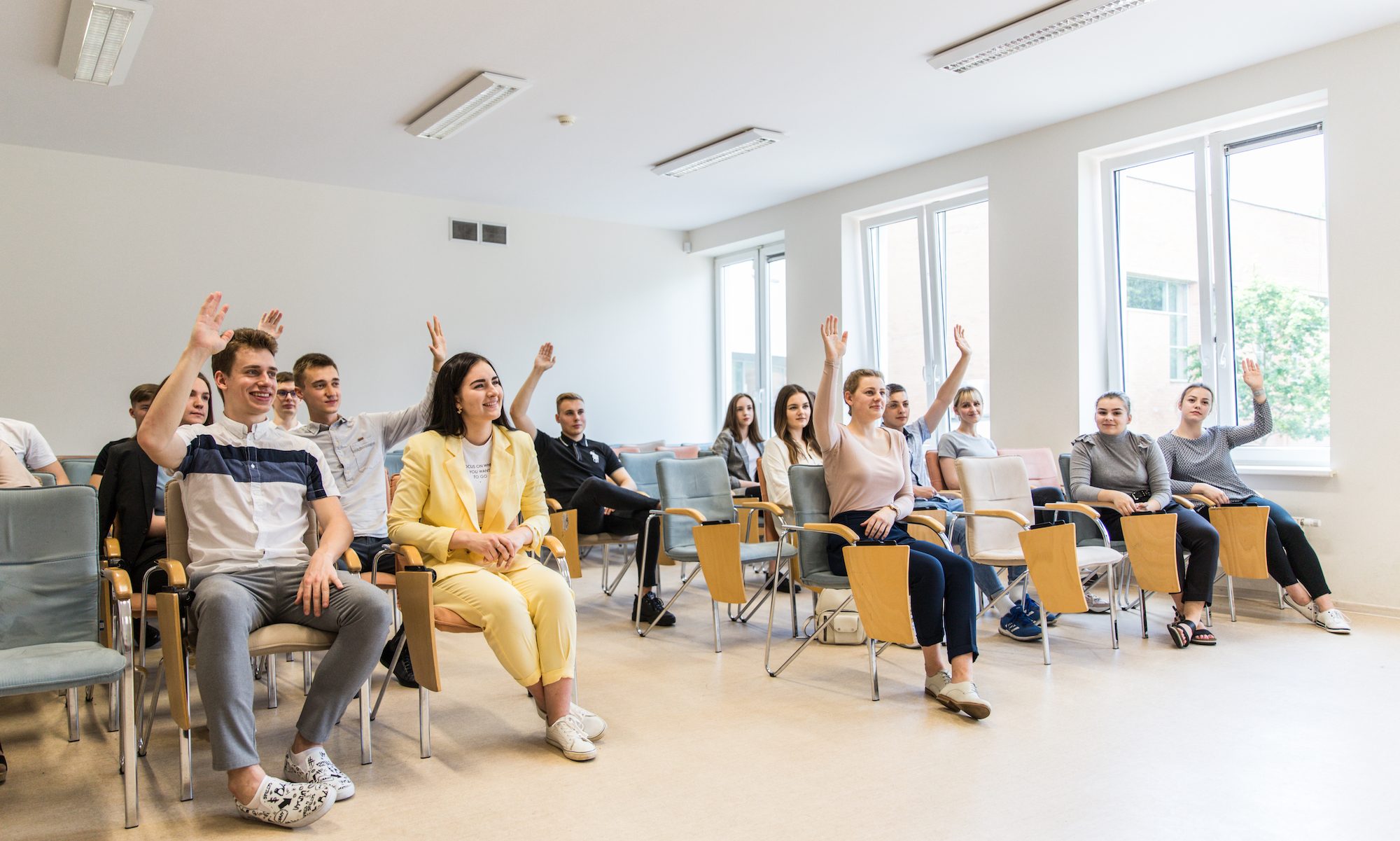 The University of Life Sciences „King Mihai I” from Timisoara (ULST), as a member of the educational system of Romania, is a state institution operating in higher education and scientific research. Geographic position and location. The ULST is located in Timisoara (German Temeschwar, also Temeschburg or Temeswar; Hungarian Temesvár, Serbian Темишвар/Temišvar; Timišvár in the language of Bulgarians from the Banat area, meaning “Fortress of Timis’), in Timis county, in western Romania. The place name comes from the Timis river (currently flowing south of the city), formerly called Tibisis or Tibiscus by the Romans. Higher education in Timisoara has a tradition of almost 100 years. During this time span, Timişoara has become the most important university centre in western Romania and the fourth largest one in the country. ULST includes 6 faculties: Faculty of Agriculture, Faculty of Engineering and Applied Technologies, Faculty of Management and Rural Tourism, Faculty of Veterinary Medicine, Faculty of Bioengineering of Animal Resources, Faculty of Food Engineering all accredited by Romanian Agency for Quality Assurance in Higher Education- ENQA and EQAR member. The vision of the ULST is in line with the stated principles included in the development strategy of the European Union for the period 2021-2027 regarding the development of the European research and educational space. ULST has a didactic, scientific research and consulting mission nationaly and internationaly recognized by obtaining certification and accreditation (ex. ISO 9001:2018, ISO 17025:2018) from the most relevant bodies in the field (Romanian Association for Quality Assurance, IQNET and Romanian Acreditation Association). Its main objective is to prepare specialists at a high scientific and technological level to enable them to approach the agri-food system and its connected systems. The high level of technical capability is also proven by the inclusion of the university in relevant professional bodies such as: National Standardisation Body ASRO as member in Administrative Council, European Food Safety Authorithy as partner according art. 36 of the CE Reg.no. 178/2002, METROFOOD RI as founding member of the national node. The missions of the ULST are teaching, research, university extension, and consultancy. The university contributes to designing guidelines for agricultural development and to forecasting in agriculture and the main goal is the achievement of the highest academic and technical competences by graduates. Their ability to integrate professionally in the agro-food system and other related systems represent the major concern of the ULST’s management.
The University of Life Sciences „King Mihai I” from Timisoara (ULST), as a member of the educational system of Romania, is a state institution operating in higher education and scientific research. Geographic position and location. The ULST is located in Timisoara (German Temeschwar, also Temeschburg or Temeswar; Hungarian Temesvár, Serbian Темишвар/Temišvar; Timišvár in the language of Bulgarians from the Banat area, meaning “Fortress of Timis’), in Timis county, in western Romania. The place name comes from the Timis river (currently flowing south of the city), formerly called Tibisis or Tibiscus by the Romans. Higher education in Timisoara has a tradition of almost 100 years. During this time span, Timişoara has become the most important university centre in western Romania and the fourth largest one in the country. ULST includes 6 faculties: Faculty of Agriculture, Faculty of Engineering and Applied Technologies, Faculty of Management and Rural Tourism, Faculty of Veterinary Medicine, Faculty of Bioengineering of Animal Resources, Faculty of Food Engineering all accredited by Romanian Agency for Quality Assurance in Higher Education- ENQA and EQAR member. The vision of the ULST is in line with the stated principles included in the development strategy of the European Union for the period 2021-2027 regarding the development of the European research and educational space. ULST has a didactic, scientific research and consulting mission nationaly and internationaly recognized by obtaining certification and accreditation (ex. ISO 9001:2018, ISO 17025:2018) from the most relevant bodies in the field (Romanian Association for Quality Assurance, IQNET and Romanian Acreditation Association). Its main objective is to prepare specialists at a high scientific and technological level to enable them to approach the agri-food system and its connected systems. The high level of technical capability is also proven by the inclusion of the university in relevant professional bodies such as: National Standardisation Body ASRO as member in Administrative Council, European Food Safety Authorithy as partner according art. 36 of the CE Reg.no. 178/2002, METROFOOD RI as founding member of the national node. The missions of the ULST are teaching, research, university extension, and consultancy. The university contributes to designing guidelines for agricultural development and to forecasting in agriculture and the main goal is the achievement of the highest academic and technical competences by graduates. Their ability to integrate professionally in the agro-food system and other related systems represent the major concern of the ULST’s management.
